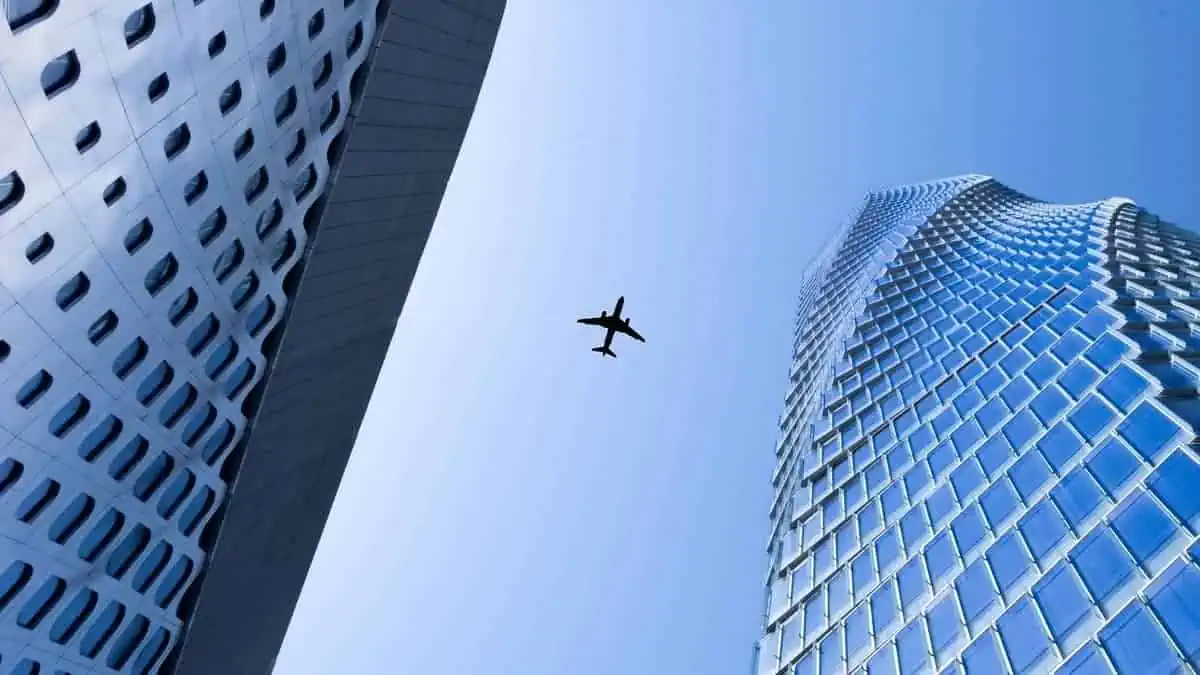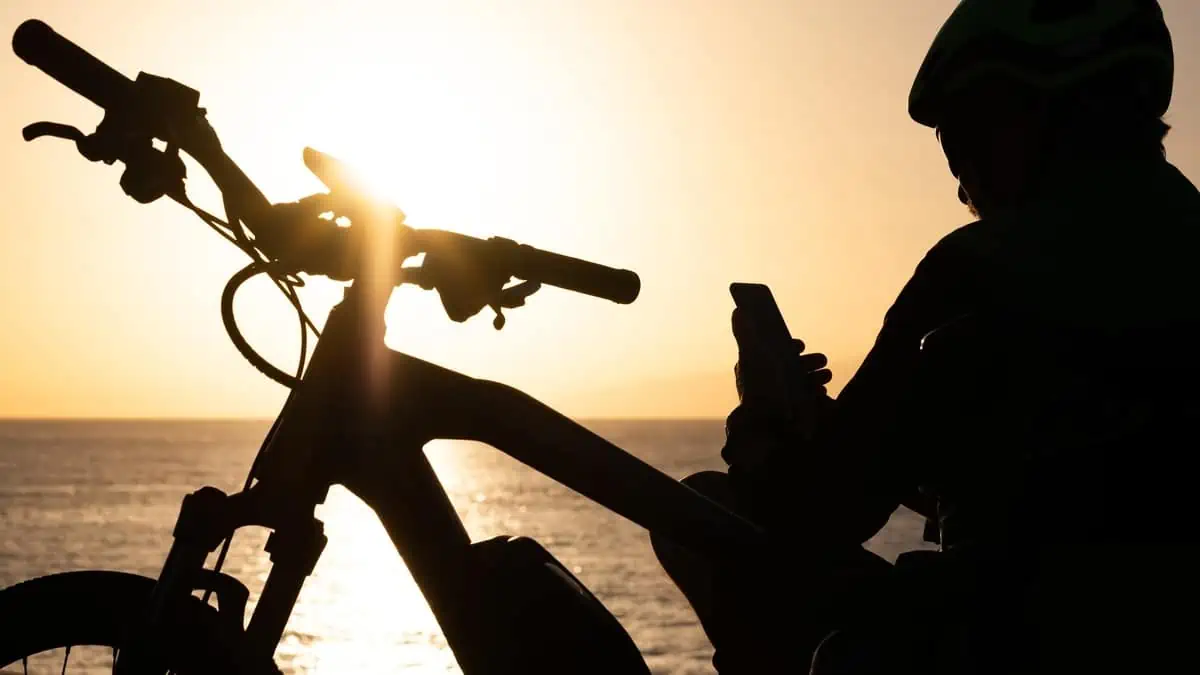ZeroAvia, the British-American hydrogen-electric aircraft company, officially announced Tuesday that it agreed to supply up to 70 hydrogen-electric plane engines to the newly founded airline EcoJet.
Agreement
The press release indicated that ZeroAvia will sell up to 70 hydrogen-electric plane engines to carbon-conscious airline EcoJet, including the ZA600 and ZA2000.
Zero- and low-emission tech financier MONTE will also play a crucial role in this partnership as it will fund EcoJet’s powertrain purchase, installation, and operation. That said, Ecojet will officially become its first verified customer.
ZeroAvia, MONTE, and Ecojet pledged to cooperate with local airports in determining, developing, and financing the advancement of hydrogen-electric commercial operations in the UK and potentially even to other part of the world.
“We don’t have to give up flying to live a green lifestyle or to get to net zero as a country – and this is big news. The technology is here now and the planes are coming very soon – carbon free, guilt free flying is just around the corner. And although aviation is responsible for only a small part of all global emissions, it occupies a far bigger space than that in our psyche. The hearts and minds value of this new opportunity outweighs the carbon issue significantly. It shows that everything we need to do, can be done, with a low to zero carbon footprint. And that is big news and a big encouragement to us all.”
EcoJet founder Dale Vince
Ecojet timeline
EcoJet aims to launch the commercial flights of its traditional aircraft in and out of Edinburgh as early as 2024.
As soon as ZeroAvia gains the necessary certification of the ZA600 engine in 2025, EcoJet will begin retrofitting its traditional aircrafts with hydrogen-electric plane engines.
According to Electrek, EcoJet also aims to use the Z2000 engines that can support an 80-seat regional turboprop aircraft. It apparently aims to kick off these larger e-plane operations in 2027.
ZeroAvia progress
ZeroAvia successfully finished a 10-test flight with its ZA600 prototype-equipped Dornier 228 aircraft in Kemble, Gloucestershire.
The company also passed its 19-passenger hydrogen-electric plane’s first-ever flight last January, marking the world’s biggest plane to reach the skies at that time.
ZeroAvia has also secured crucial experimental flight certificates from the UK’s CAA and the US‘ FAA, two countries in which it chose to build its current headquarters.
Excitingly, EcoJet, Monte, and ZeroAvia will all work together to launch the ZA600 engine technology to the aerospace market. We may also soon witness the more potent ZA2000 engine in EcoJet’s aircraft as it seeks to become a zero-emission airline.






